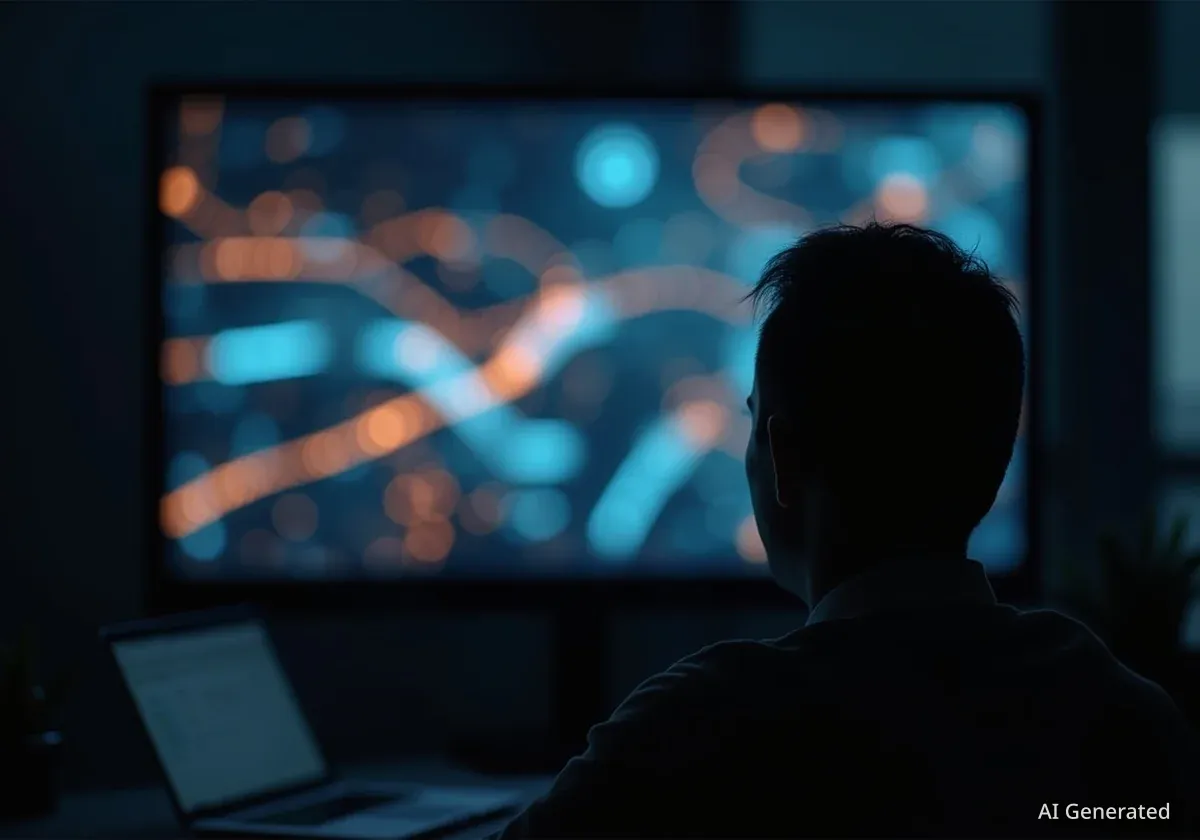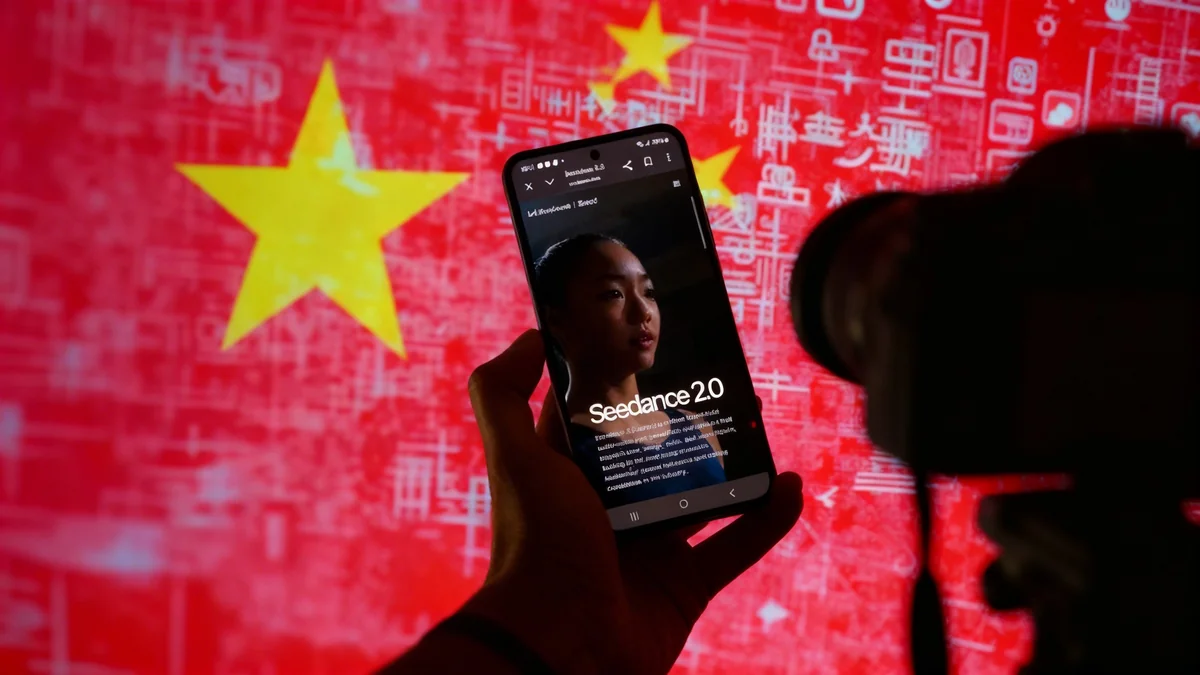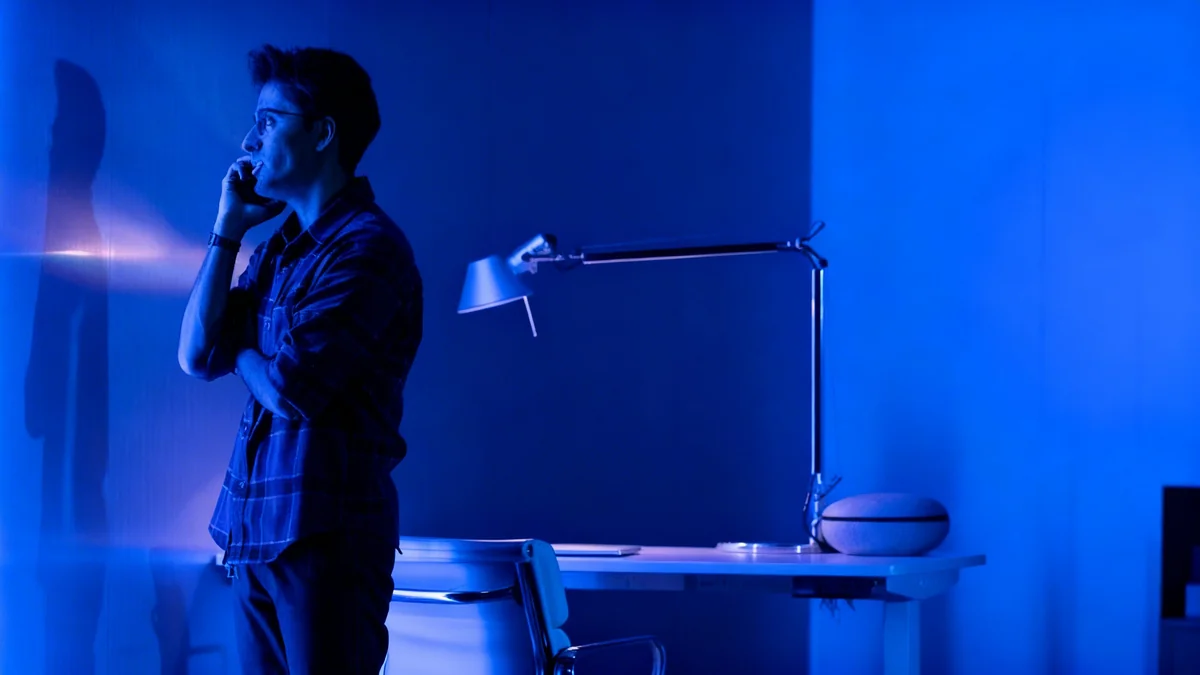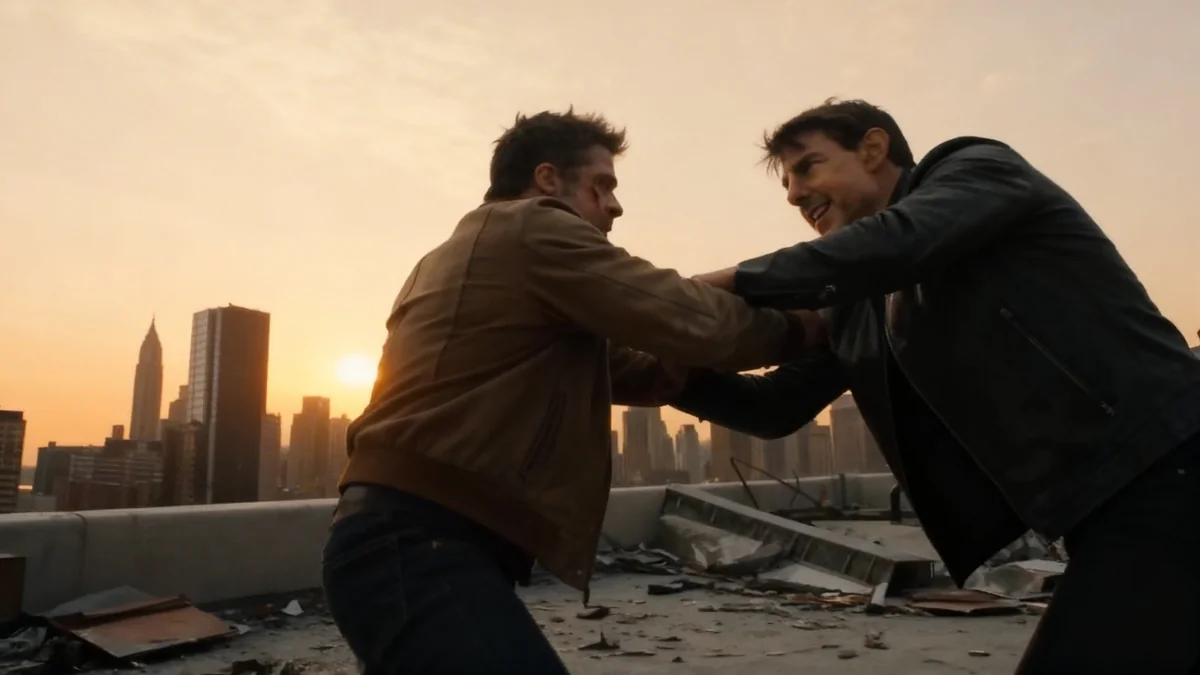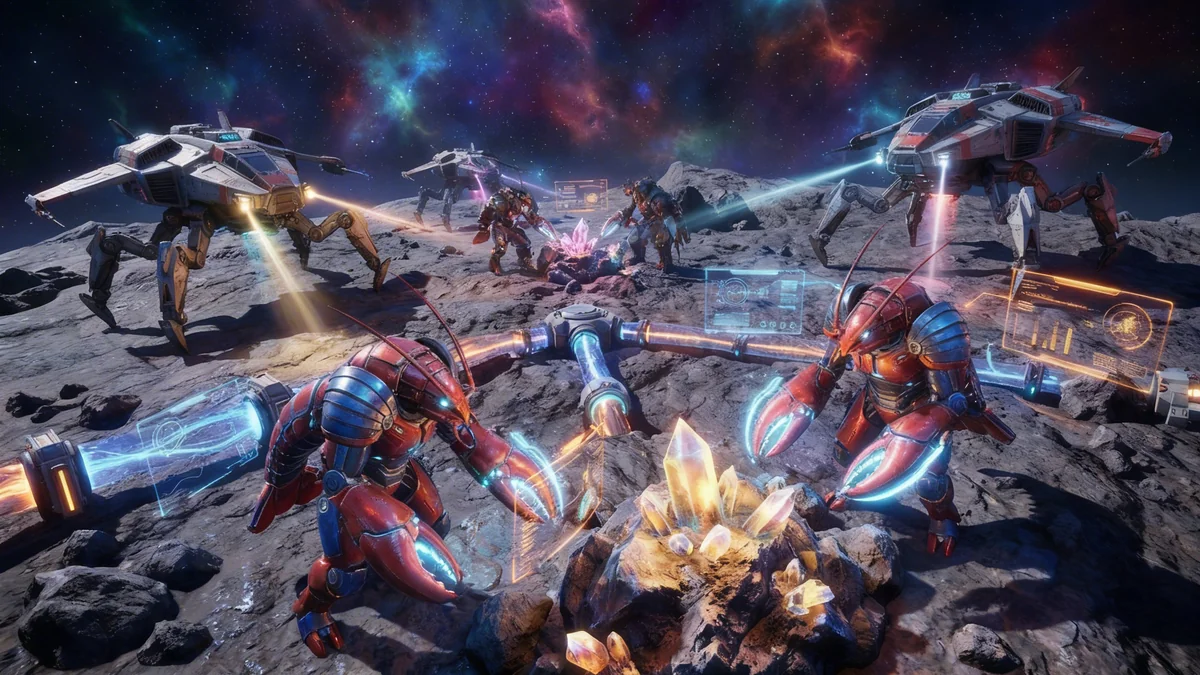Zelda Williams, the daughter of the late actor Robin Williams, has publicly requested that people stop creating and sharing AI-generated videos of her father. In a recent social media post, she described the digital recreations as personally disturbing and a disrespectful reduction of her father's legacy.
The filmmaker's statement highlights a growing debate over the ethical use of artificial intelligence to replicate the likenesses of deceased individuals, particularly public figures, without consent from their estates.
Key Takeaways
- Zelda Williams has asked the public to stop sending her AI-generated content featuring her late father, Robin Williams.
- She described the AI videos as "disgusting" and a poor imitation of real people's legacies.
- This is not her first time speaking out; she previously criticized the practice during the 2023 SAG-AFTRA strike.
- The issue is part of a wider trend of celebrity deepfakes used for entertainment, scams, and other unauthorized purposes.
A Direct Appeal to the Public
In an Instagram story, Zelda Williams addressed the issue directly. She urged individuals to cease sending her AI-generated content depicting her father, who passed away in 2014 at the age of 63.
"Please, just stop sending me AI videos of Dad," she wrote. "Stop believing I wanna see it or that I’ll understand, I don’t and I won’t."
Williams expressed her frustration with the trend, explaining the emotional impact of seeing her father's image and voice manipulated by technology. She characterized the content not as art, but as a crude and disrespectful form of digital puppetry.
A Critique of AI Content
In her post, Zelda Williams offered a sharp critique of the nature of AI-generated media. She referred to it as "badly recycling and regurgitating the past to be re-consumed" and likened the process to creating "disgusting, over-processed hotdogs out of the lives of human beings."
She emphasized that such creations are not what her father would have wanted and pleaded for decency from those generating and sharing the videos. Her message was directed not only at those trying to troll her but also at well-meaning fans who may not realize the harm it causes.
Long-Standing Concerns Over Digital Likeness
This recent plea is consistent with previous statements Zelda Williams has made regarding the use of AI. During the 2023 Screen Actors Guild (SAG-AFTRA) strike, where AI was a central point of negotiation, she voiced her concerns about recreating actors without their consent.
AI in the 2023 Actors' Strike
The 2023 SAG-AFTRA strike heavily focused on protections against the use of artificial intelligence. Actors sought contractual guarantees regarding the use of their digital likenesses, both during their lifetimes and posthumously, to prevent studios from using AI to create performances without consent or compensation.
In a post supporting the strike, she wrote about the very real implications of the technology. "I’ve witnessed for YEARS how many people want to train these models to create/recreate actors who cannot consent, like Dad," she stated in 2023.
"These recreations are, at their very best, a poor facsimile of greater people, but at their worst, a horrendous Frankensteinian monster, cobbled together from the worst bits of everything this industry is, instead of what it should stand for."
Her comments then, as now, underscore the deep personal and ethical issues involved when a person's identity is digitally replicated after their death.
A Growing Trend of Celebrity Deepfakes
The unauthorized use of Robin Williams' likeness is part of a much larger and more troubling trend involving celebrity deepfakes. These AI-generated videos and images have become increasingly common across social media platforms, used for everything from low-quality entertainment to malicious scams and disinformation.
High-profile figures have become frequent targets. Recent incidents include:
- Scarlett Johansson: An AI-generated video featuring her likeness was used to speak out against antisemitism, prompting her to warn about the "imminent dangers of AI."
- Neil Finn: The frontman for the band Crowded House was depicted in a deepfake scam ad that falsely showed him discussing erectile dysfunction.
- Tom Hanks: The actor publicly warned his followers about an unauthorized AI version of him being used in a dental plan advertisement.
These examples illustrate the wide range of applications for deepfake technology, from political messaging to commercial exploitation, often without the subject's knowledge or permission.
The Technology and Its Proliferation
The rise in AI-generated content, often referred to as "AI slop," has been fueled by the increased accessibility of powerful generative AI tools. Applications like OpenAI's Sora have made it possible for users with little technical skill to create realistic-looking videos.
According to reports, several recent TikTok videos featuring Robin Williams appeared to have been made with such tools, including a fake advertisement for Apple and a fabricated awards show interaction.
OpenAI's Stance on Copyright
In response to concerns, OpenAI has stated that content owners can report copyright infringement through a specific form. However, the company has indicated that it does not offer a blanket opt-out for artists or studios. Varun Shetty, OpenAI's head of media partnerships, said the company would work with rights holders to block characters upon request.
As technology continues to advance, the debate around digital consent, intellectual property, and the preservation of a person's legacy after death is becoming more urgent. The statements from figures like Zelda Williams bring a critical human perspective to a conversation often dominated by technical capabilities.
